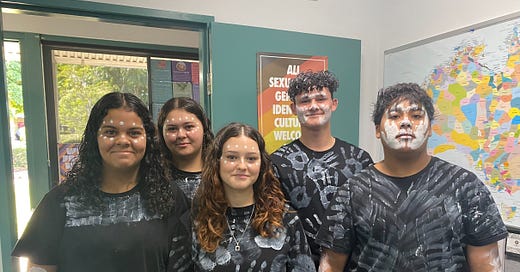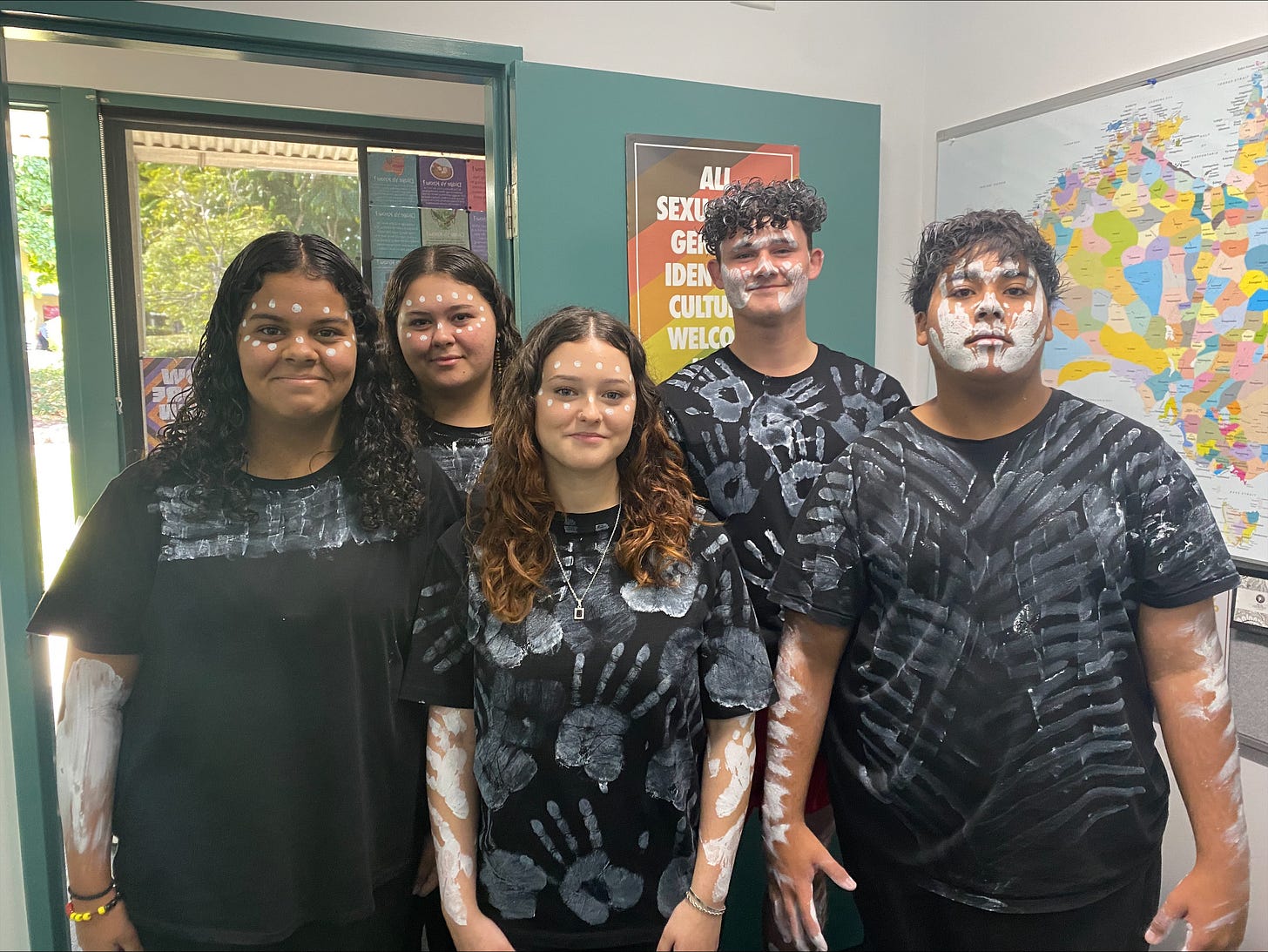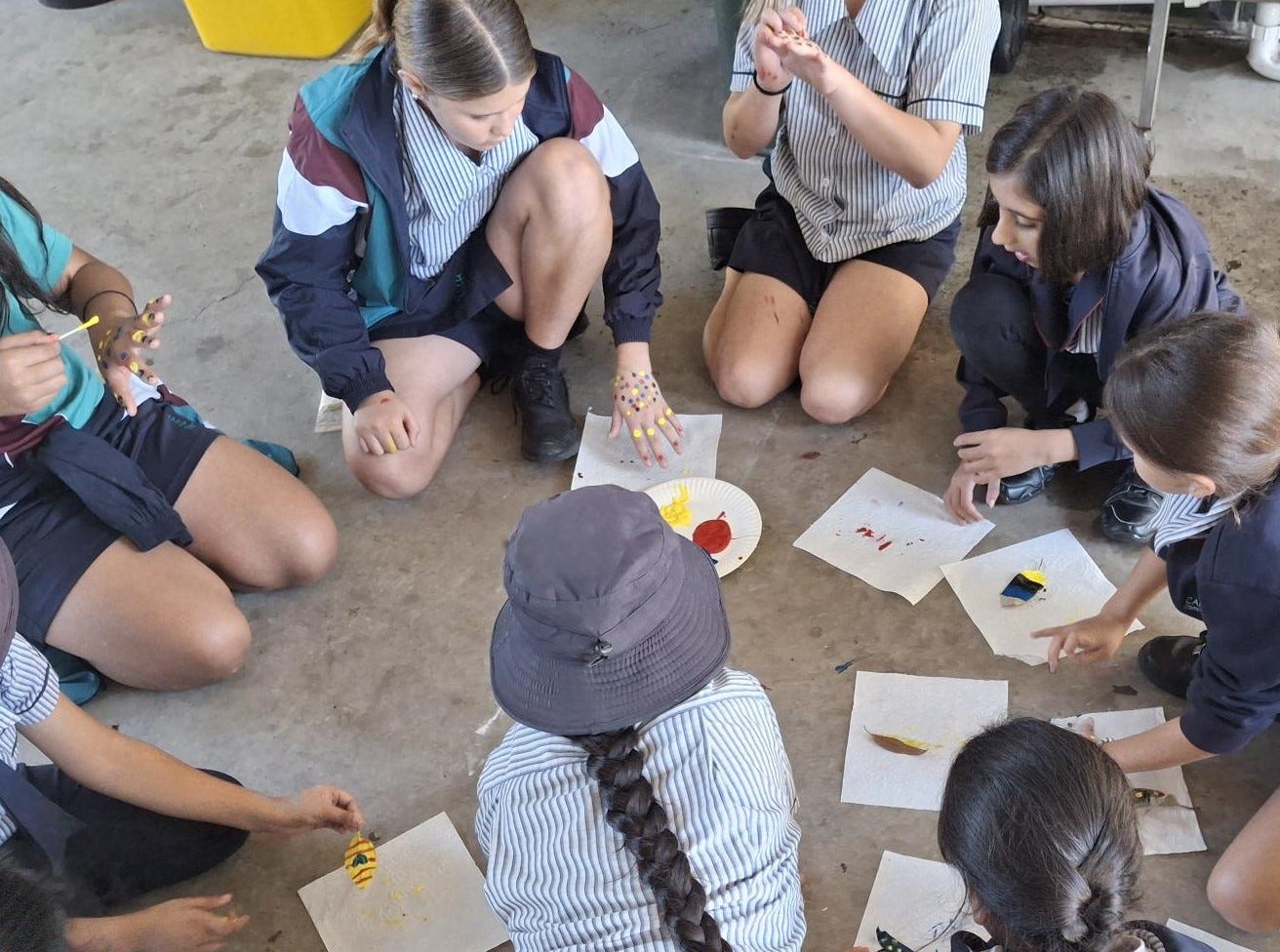What is Sorry Day and Reconciliation Week?
National Sorry Day is an important day in Australia. It happens every year on May 26th. This day is all about remembering and acknowledging the mistreatment of Aboriginal and Torres Strait Islander people. They were forcibly removed from their families and communities, which are now known as the Stolen Generations. It is a day to think about how we can help heal the pain and make things right for our people and our country.
The first National Sorry Day was held in 1998. It was one year after a report called "Bringing Them Home" was released. This report looked at the government policies that caused the Stolen Generations. It recommended that the government apologise and improve things for the Indigenous people. In 2008, the Prime Minister said sorry on behalf of the government. This was a big step towards reconciliation.
National Reconciliation Week is a special time in Australia when we celebrate the history and culture of Indigenous people. It's a time for all Australians to learn about our shared histories, cultures, and achievements. The week starts on May 27th and ends on June 3rd. This week is organized by Reconciliation Australia, a group that wants to unite people and promote understanding and respect.
National Reconciliation Week has a special theme each year; in 2024, the theme is "Now More Than Ever". This theme reminds us that we need to keep fighting for justice and the rights of Aboriginal and Torres Strait Islander people. It's important to remember that reconciliation is an ongoing journey, and we all have a role to play in making Australia a better place for everyone.
Insights from Our Community
Rickell, First Nations Ambassador:
“Reconciliation Week is a time for all Australians to learn about First Nations history and culture and their achievements.”
Shanieka, School Captain:
“Reconciliation week to me means a time where not just indigenous people can come together but all of Australia can come together and learn the history of indigenous culture, and why reconciliation week is celebrated, and sorry day to me is something that I look back on, and something that I celebrate, as a, after years and years and years of my ancestors and family going through this torture they were apologised to, and there has started to be a change in the government, their attitude towards indigenous communities”
The Importance of Education and Action
Both Rickell and Shanieka emphasise the critical role of education in reconciliation.
“It’s an important part of Australian history, without knowing that history of indigenous history it’s hard to talk and educate other people if you don’t know the history yourself.” …
“There is education and you can search it up, but I think it coming from an indigenous person or one of my elders, coming from someone that has been through this for a while and knows what it is and was a part of some of the protests that we had, like the Mabo decision, which is reconciliation week, if they know what that is then they can help educate any other people.” — Shanieka
“I still think a lot of times in schools, a lot of people don’t know about reconciliation, or they’re not taught the right things. I think more research about the actual topic and what was going on with it would help improve the understanding.”… “I think it’s to celebrate the significant milestones of what the Indigenous people have achieved over the years.” — Rickell
As you can see, accurate and accessible teaching about Indigenous history is what we need. So, where do we begin?
Here’s what Shanieka and Rickell suggest:
“Just asking questions about what it is, because a simple question of what is reconciliation week or what is sorry day can help them learn what it actually is and something that I think everyone should have a little bit of knowledge on even if it’s not a lot.”
– Shanieka
“Asking questions, because I know not everyone can connect with Indigenous community to do that, but even research as well about what they’ve achieved to get to where we are.” – Rickell
Moving forward together
As we commemorate Sorry Day and Reconciliation Week, let us all take this opportunity to educate ourselves, engage in meaningful conversations, and support initiatives that promote reconciliation. By doing so, we can honour the past and contribute to a more unified and respectful future for all Australians.
To connect further with the community, check out our local initiatives or projects that are making a difference in reconciliation efforts.
Small businesses from Brisbane, from the Yuggera and Turrbal mobs that have businesses that are educating people
Our school CEC does activities for us to learn the history of Indigenous culture
Projects with the high school students and lower junior students (Last year the younger kids wrote about things they did for their parents and made badges to demonstrate and explain the purpose).







